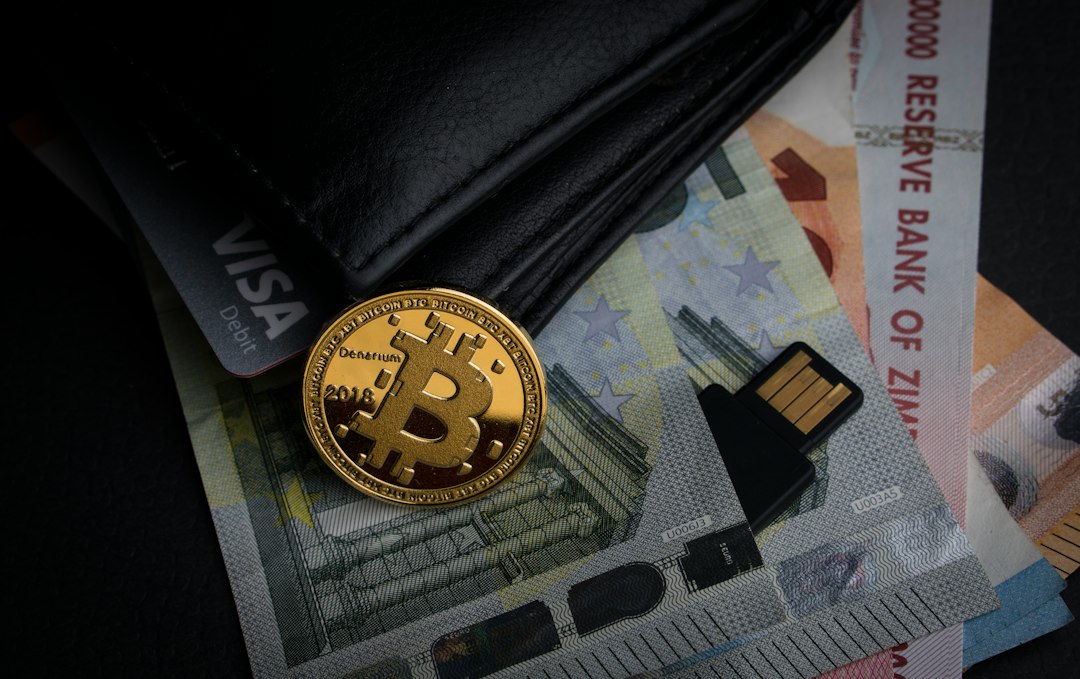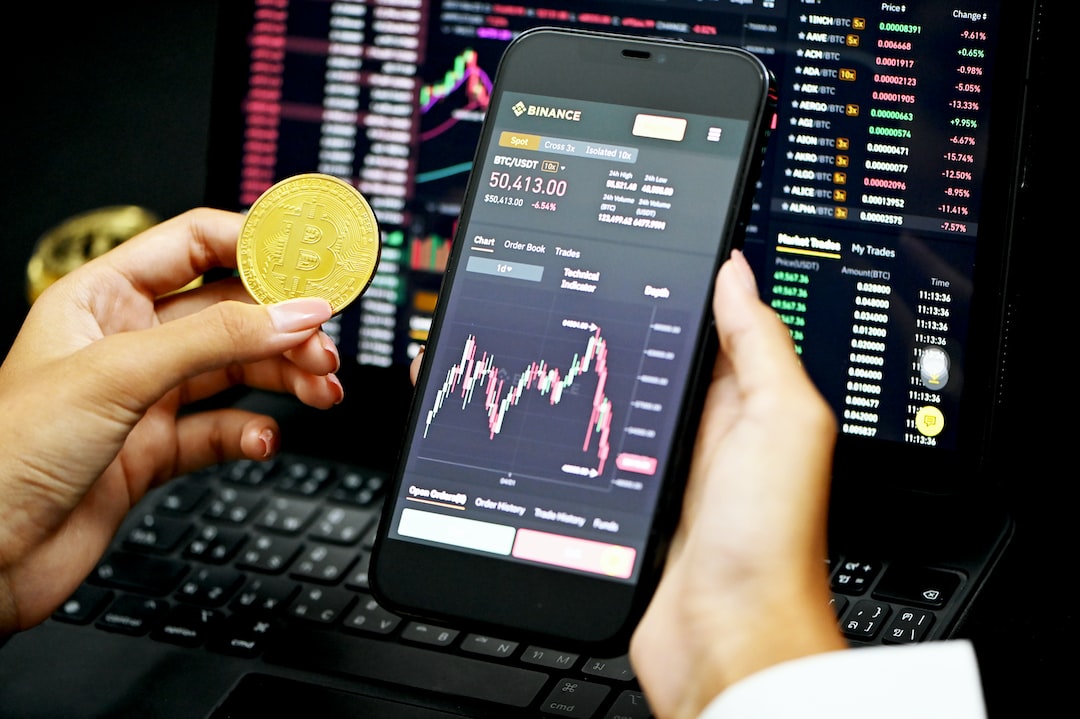South Korea Sees 70% of Reported Overseas Assets in Cryptocurrencies
In a recent announcement, South Korean authorities revealed that 70% of the nation’s reported overseas assets are in the form of cryptocurrencies. The National Tax Service (NTS) stated that out of the 5,419 businesses and individuals who reported their financial accounts, the largest portion was held in digital assets.
The total reported figure amounted to 186.4 trillion won (approximately $140 million), which included assets in local and foreign stocks, crypto assets, and cash savings. Of this amount, digital assets accounted for 70%, totaling $130.8 trillion (approximately $98 million). It was also disclosed that 1,432 institutions and individuals owned digital assets.
The report further highlighted that savings amounted to 22.3 trillion won (about $17 million) from 2,952 individuals and businesses. Additionally, 1,590 firms reported stocks worth 22.3 trillion won (about $17.6 million).
Mandatory Reporting Requirement and Plans for Enforcement
In response to these findings, South Korea introduced a mandatory reporting requirement for firms with at least 500 million won in overseas accounts. The tax body also indicated its intention to investigate entities that failed to file reports and enforce fines as necessary.
The NTS explained that this initiative aims to address the risk of potential tax base erosion through virtual assets. As part of global efforts to exchange information, tax authorities worldwide are preparing to comply with Information Exchange Reporting Regulations.
Crypto Enthusiasts Praise South Korea’s Growing Numbers
Crypto enthusiasts have hailed the significant presence of cryptocurrencies among South Korean businesses as an indicator of future economic realities. During the Korean Blockchain Week, a recent report highlighted that Asian countries like South Korea, Japan, Singapore, and Hong Kong are actively seeking more investment in the web3 space, each vying to become the main hub.
While Hong Kong is making strides by issuing licenses and providing subsidies to crypto-based firms, the local demand for crypto services from its citizens continues to drive industry development. Key priorities for crypto institutions include gaining access to licensed custodians and managing counterparty risk by partnering with local financial institutions.
In addition to the growing use of virtual assets for payments, which is increasingly embraced by young Koreans, the country has also witnessed an uptick in blockchain gaming numbers and decentralized application (dApp) usage in 2023. This follows a decline in 2022 due to the crash of the Terra network.
Regulators in South Korea are actively working to tighten regulations surrounding over-the-counter (OTC) crypto transactions in order to curb the use of digital assets for illicit activities.
Hot Take: South Korea’s Crypto Adoption Signals a Promising Future
The revelation that 70% of South Korea’s reported overseas assets are held in cryptocurrencies demonstrates the country’s growing adoption of digital assets. This trend aligns with the broader global movement towards embracing cryptocurrencies and blockchain technology.
As South Korea positions itself as a key player in the web3 space, it is attracting significant investment and fostering innovation. The government’s efforts to regulate the industry and address potential tax base erosion through virtual assets indicate a proactive approach towards ensuring a sustainable crypto ecosystem.
With increasing interest from businesses, individuals, and regulators alike, South Korea’s crypto landscape holds promise for future economic growth and technological advancements.





 By
By
 By
By
 By
By
 By
By
 By
By
 By
By